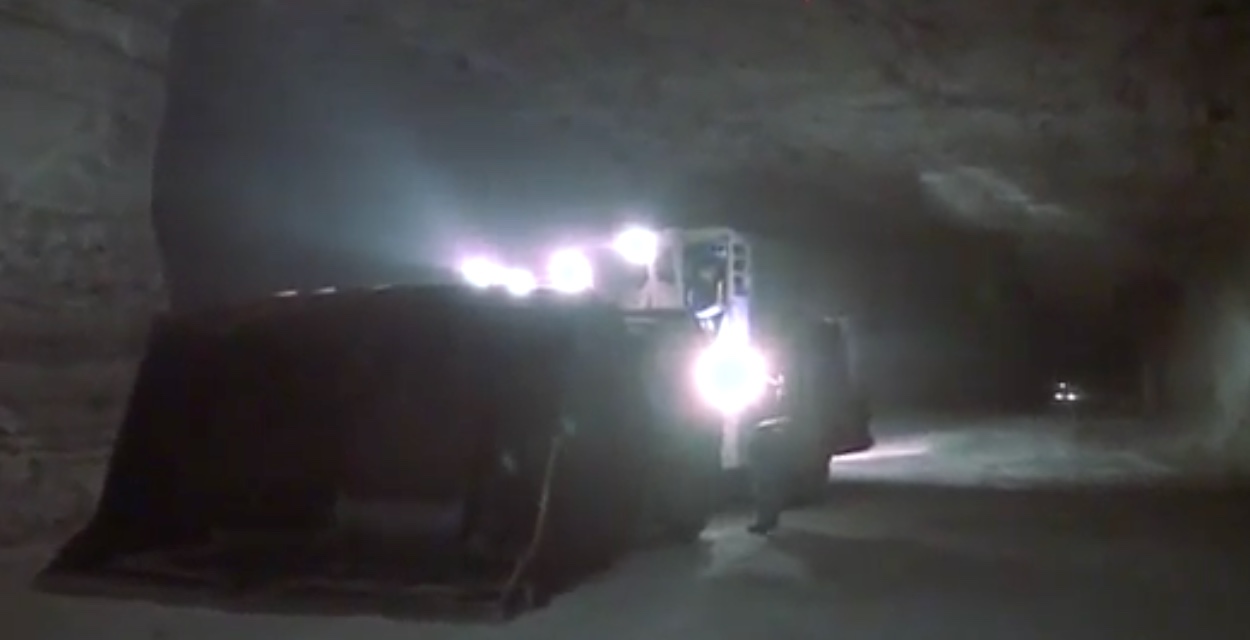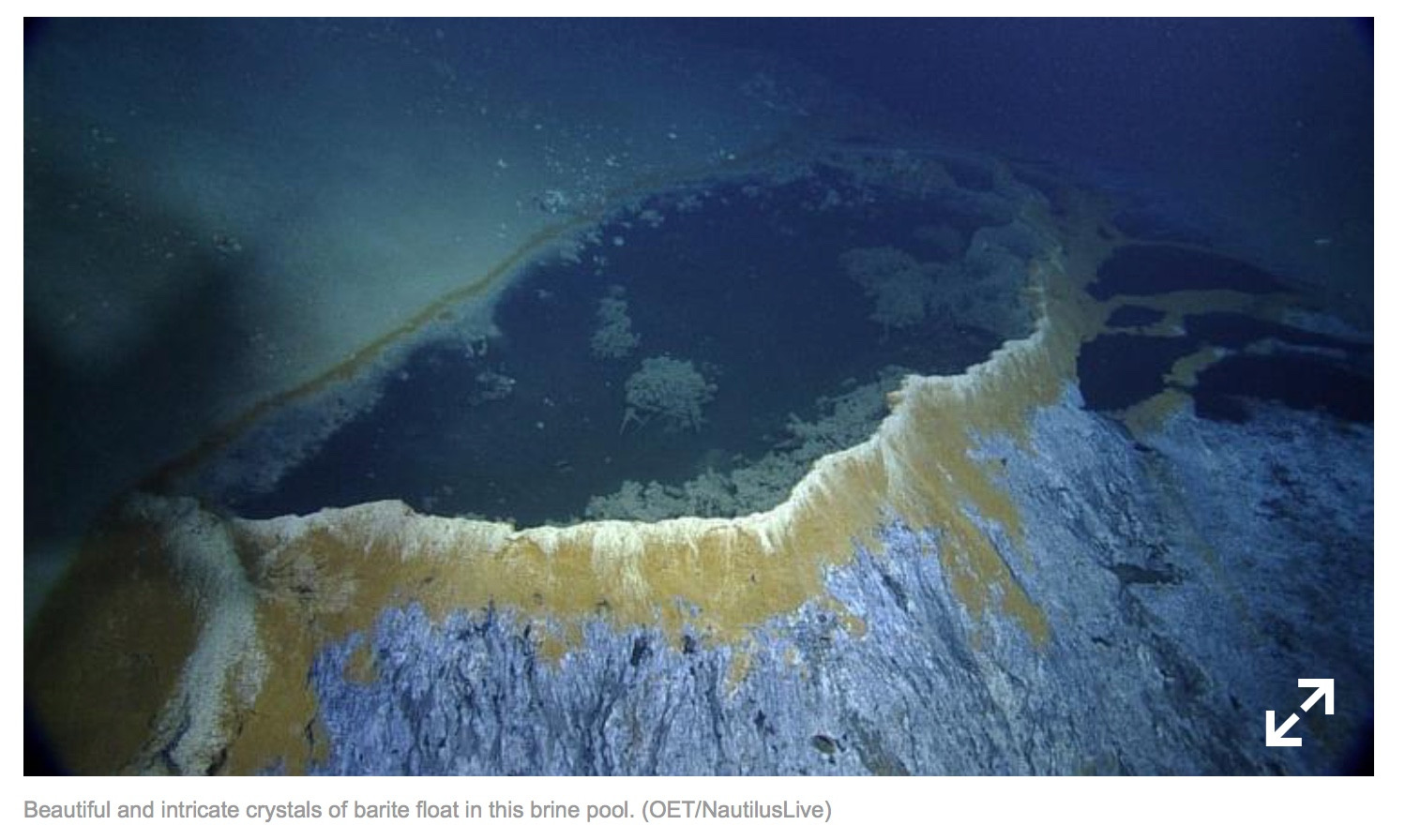What is salt?
If you answered Sodium Chloride, then simply have a world with very little Sodium and Chlorine. If you answered 'an ionic compound formed from an acid and a base', then you either have to get rid of all of the acids and bases or find a mechanism to sequester them, and that'd be difficult on a rocky (terran) world.
Salt Lakes
would be the most likely geological mechanism for sequestration, and the numbers couldn't really work out unless you have giant, below-sea-level inland basins with occasional catastrophic floods followed by long dry periods in which the sea water evaporates leaving a halite crust in the basin. Saltwater is about 5% salt by volume, whereas fresh water is less than .05%. I believe that the number of cycles to change the salinity from the original to final values given the volume of the ocean and the volume of total water is
$$c = \frac{\log_{10} \left(\frac{s_0}{s_f}\right)}{\log_{10}\left(\frac{V_t}{V_o}\right)} = \frac{2}{\log_{10}\left(\frac{V_t}{V_o}\right)}$$
If the inland basins were one tenth the volume of the oceans, it'd take almost 50 cycles to make the oceans fresh. For this method to work, there could be no way for basin water to escape to the ocean which would be a very strange topology. There is a reason that all of the salt lakes on Earth aren't that big. Additionally, the entire basins would be very salty unless you had rain pulling the salt to the bottom of the basin.
A life based mechanism might be more likely, but that would only apply to the most recent eighth of Earth's history. You'd need a group of halophiles moving salt from the ocean to sequestration somewhere. Perhaps if humans stop putting waste salt into the environment but keep pulling salt from the ocean, we'd eventually qualify.
On Life
We evolved from ocean creatures. Our blood's pH is regulated like the sea, our wounds heal faster in the ocean, and the same is true for most animals. While Earth creatures need salt to live, it's very likely that on your world, creatures would have different mechanisms to deal with fluid regulation and neural communication.


